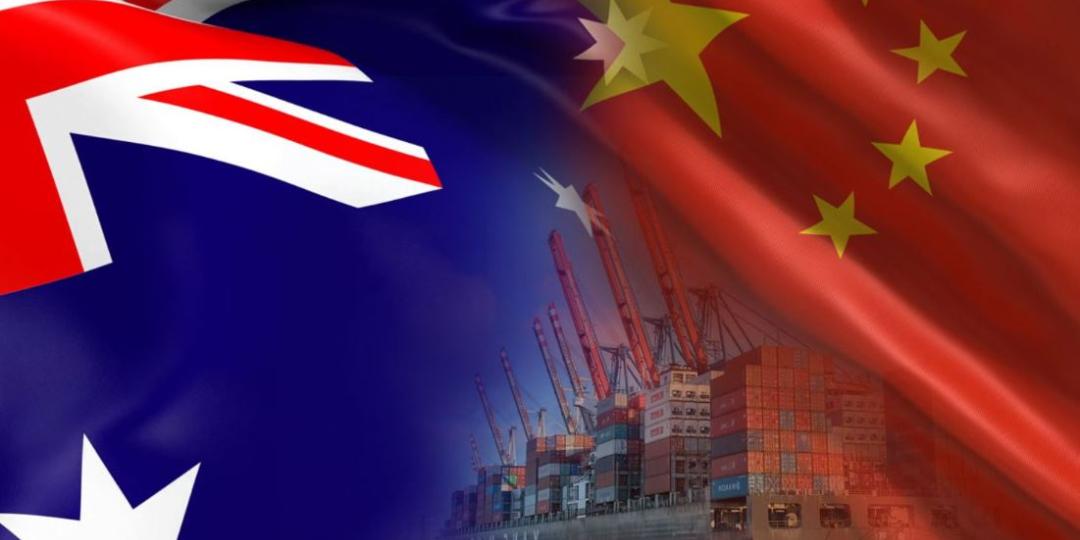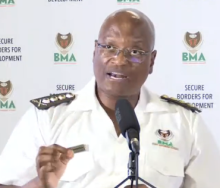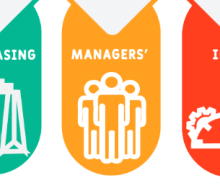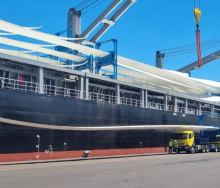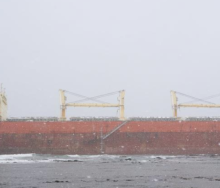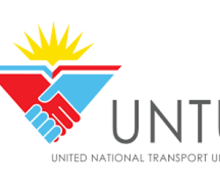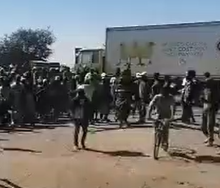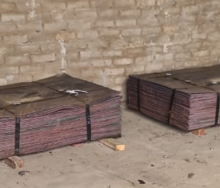A high-level tit-for-tit slug fest involving China’s Belt and Road Initiative (BRI) is under way with ramifications reverberating across the Australian freight and trade landscape, even pitting the states of Victoria and Canberra against one another.
The tension was sparked when the federal government of Australia’s centre-left part lobbied for an independent inquiry into what it believes could implicate China in the coronavirus.
In retaliation China earlier this month issued import restrictions against Australia’s beef export community.
It also instituted an 80% tariff on Australian barley.
Sensing an opportunity to further the cause of the Port of Melbourne in a bid to benefit from Chinese infrastructural investment, the state of Victoria announced that it will proceed in its BRI plans with China.
This despite opposition from neighbouring Canberra, the seat of Australia’s government.
Victorian treasurer and Labour Party member Tim Pallas accused the government of vilifying China and asked why the country’s agricultural sector should suffer because of views regarding the cause of Covid-19.
Home Affairs minister Peter Dutton, notorious in South Africa for once suggesting that local farmers should be granted a kind of agricultural asylum in Australia away from the scourge of farm murders, hit back at Pallas saying he’s a stooge of China.
“This is gravely concerning”, he has said.
“Victoria needs to explain why it is really the only state in the country that has entered into this relationship.”
The development heralds the latest instalment in China’s BRI ambitions, an intricate network for road, rail and ocean cargo that is widely regarded as a new kind of Silk Road with a much wider, globe-encapsulating reach.
